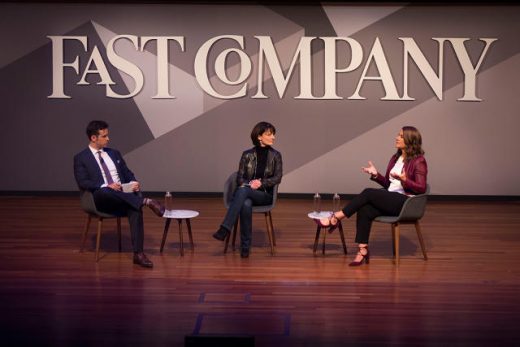Melinda Gates And Regina Dugan On How To Get More Women Into Tech (And Keep Them)
Here’s a good test for tech companies that are trying to crack the problem of gender parity: Are you tackling it the same way as other business problems?
“If we had a product quality problem, would we have a networking lunch?” asked Facebook vice president of engineering Regina Dugan during the Fast Company Innovation Festival. “We would not. We would tackle it in another way.”
She was joined onstage by philanthropist Melinda Gates, the co-chair of the Bill and Melinda Gates Foundation, who noted that the number of women graduating with computer science degrees has dropped over time. “We thought we were on the rise, just like in medicine and law,” Gates said.
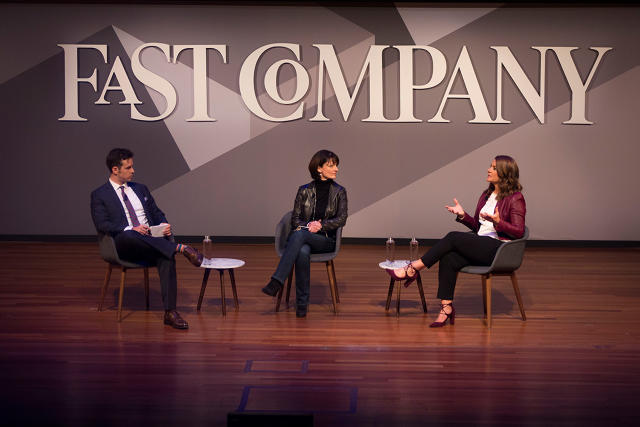
One key spot in what Gates called the “leaky pipeline from kindergarten to the C-suite” is college. And fixing that leak can be as easy as changing the name of the courses.
Dugan recalled how the University of California at Berkeley renamed its introductory computer science course in 2014, choosing “Joy and Beauty of Computing” as the new title. That led to the first time the course had ever had more women than men.
The old title? “Introduction to Symbolic Programming.”
And once the class starts, Gates posited, the schools must ensure that the classes present a consistent set of problems that interest everyone, not just the males in the room.
The problem continues after graduation. Gates said that among tech professionals, women are 45% more likely than men to leave the field.
“I’ve often felt the pipeline problem was one part education,” Dugan said, “and nine parts inspiration.”
She recalled working with a Facebook team on determining the artificial intelligence problems and challenges that were worth their collective energy. “There were few women in the discussion,” Dugan said, “but one woman came up with entirely different problems [than men] to focus on. She said that her solutions were about affecting people’s lives, and men wanted to do drones.”
At the same time, Dugan, who is a veteran of DARPA and Google, argued all tech companies should consider offering strong support structures for women, including mentorship and sponsorship, and more opportunity.
“It does make a difference,” she said. “Facebook is one of the best places for women I’ve worked. They consider it a problem for all of them to solve.”
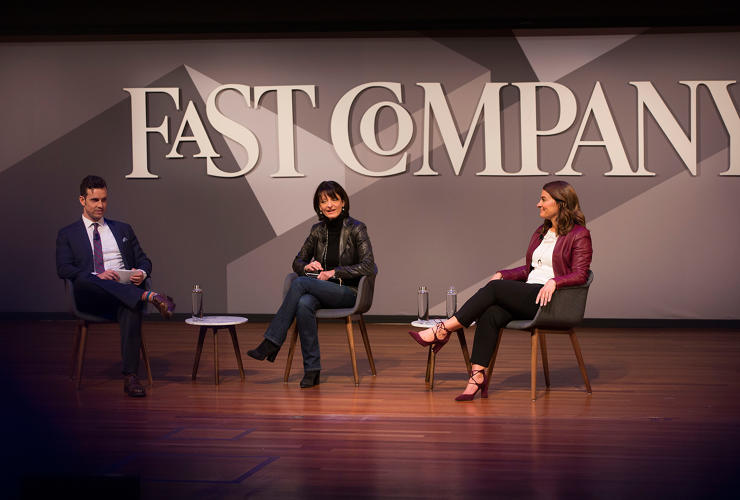
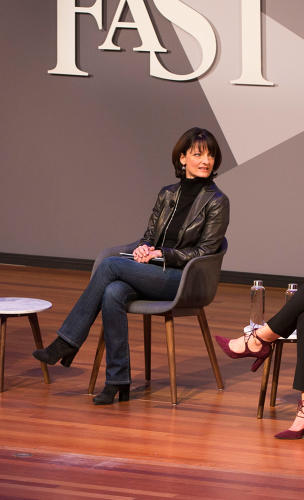
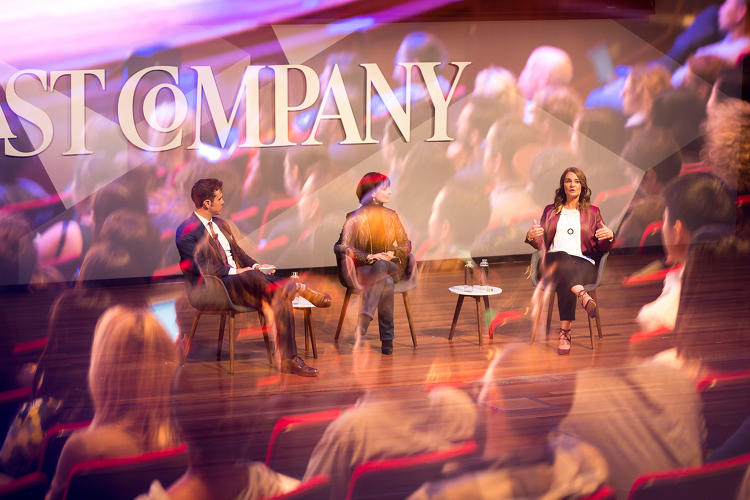
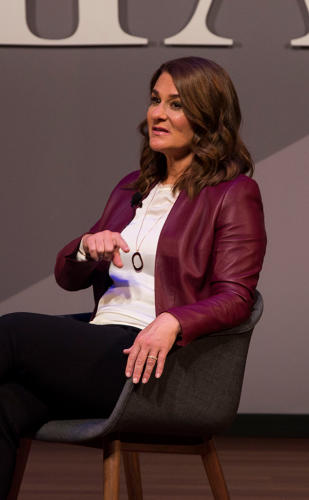
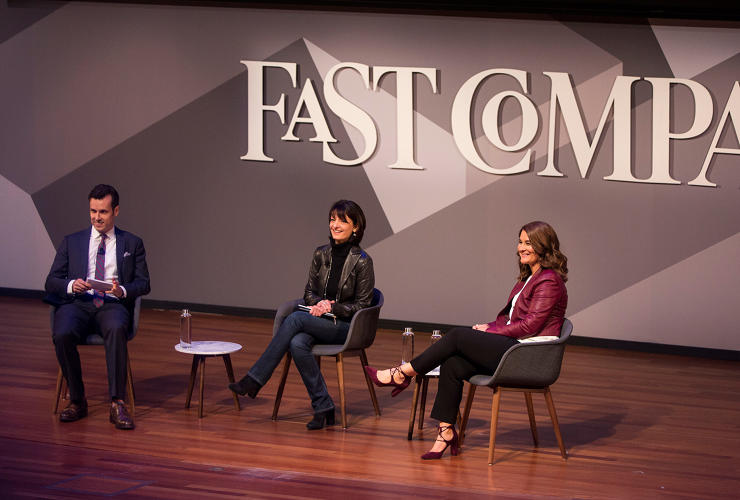
Fast Company , Read Full Story
(31)

